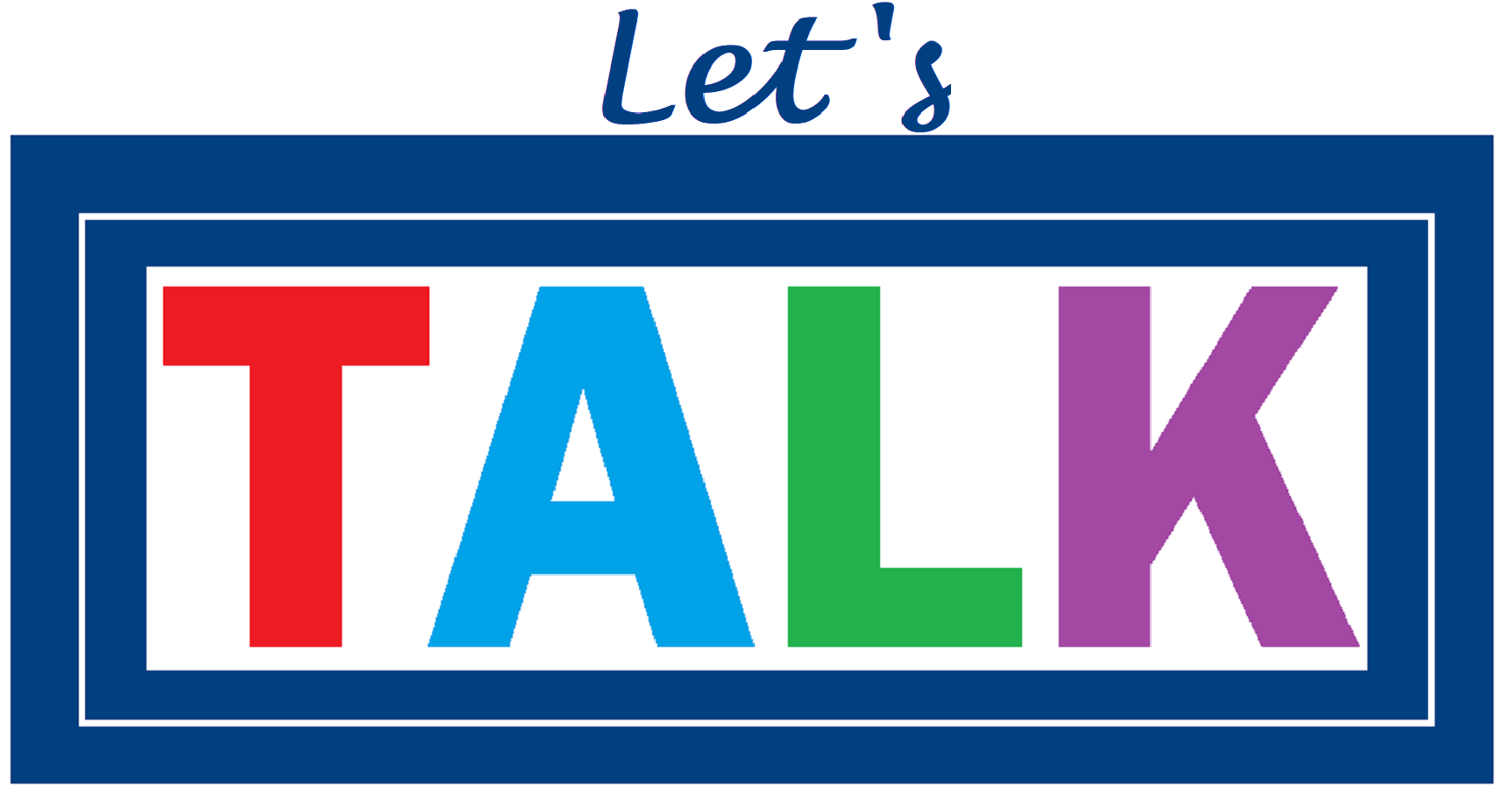by Ellen Abrams
I am in my 80’s, a wife, a mother of two daughters, a grandmother to 5, a sister, and a good friend to many. I grew up in the 40’s and 50’s with my mother making chicken every Friday night, Wednesday was meatloaf day and Monday was fish. As a married woman I cooked and every night there was beef, chicken or fish, with two vegetables, real ice cream for dessert and always bread with butter. Our daughters became vegan first because of their love for animals. When they decided to bring their children into this world as plant-based only, I thought they would all die of malnutrition but lo and behold they became healthy, handsome, smart, tall, adults. The oldest is in their late 20’s and the youngest is headed to college in the Fall. When given a choice of what to eat, they always read the labels and responded that they preferred to stay vegan. I watched them and waited for them to succumb to peer pressure but they never did. Then my husband needed significant open-heart surgery and off he went to have it done at the Cleveland Clinic in Ohio. Now in his 80’s, he is the only man in his family who has lived past 60 and I do credit the food he eats or should I say doesn’t eat! Well I decided to have a house that would be open to my husband, daughters, and my grandchildren so I began to cook only plant-based foods and it has remained that way for more than 20 years. Our Thanksgiving is huge because it attracts so many people who don’t want to commemorate a day of peace with a killed turkey on the table, and all that is served is vegan.
Times have changed. Twenty years ago the word VEGAN needed some explanation or certainly a phone call before going to a restaurant. Now, though we do still say “no egg, no fish sauce please” in Thai restaurants, almost all places we go to understand our needs. Menus are varied. We have no difficulty finding so many options on the menu and all of our servers have been accommodating. We have had so many wonderful dinners out, holiday parties at home, and just plain old suppers together at home without beef, chicken, pork or fish. So many of my friends now use non-dairy mayonnaise, spread, milk, egg replacer, and yogurt. They purchase vegetable-based bullion for soups, plant-based ingredients for burgers, enjoy smokey tempeh strips in place of bacon, and tofu scrambles at breakfast time. I must admit that none of them call themselves “vegan” though they have made substantial improvements to the way they eat.
Our reasons for becoming plant-based or vegan have changed through the years. Originally it was to preserve our health and to be kind to all living things on this earth. Today our main concern has grown to include protecting our environment so that we can continue to live on this planet. The Environmental Defense Fund says that if every American had one meat-free meal per week, it would be the equivalent of taking over 5 million cars off our roads annually. Indeed, the United Nations reports that raising animals for food creates more greenhouse emissions than the entire transportation sector combined. For these and other reasons, many environmentalists question others who still eat meat, saying that switching to a plant-based diet is the number one most important thing we should be doing if we care at all about the environment. We need to stop eating pigs, chickens, turkeys, cows, baby cows (veal), and fish and all their by-products – and watch the film Cowspiracy for a better understanding of why this is so important.
The question “But where will we get our protein“ comes not just from us folks who maintain a typical way of eating, but from the medical establishment as well. I’ve often felt that the question would be much more useful if turned around and posed to non-vegans, asking “But how do you help prevent cancer, heart disease, diabetes, high blood pressure, etc. while eating eggs, bacon, steak, veal, turkey burgers, chicken, butter, cheese, and mammals’ milk? Former American College of Cardiology president Kim Williams, M.D. who currently serves as Chief of the Division of Cardiology at Rush University Medical Center, and is board certified in Internal Medicine, Cardiovascular Diseases, Nuclear Medicine, Nuclear Cardiology and Cardiovascular Computed Tomography, says there are two kinds of cardiologists: those who are vegan and those who haven’t yet read the data.”
For me, making this lifestyle change has been the ultimate thing I could do for my health, for the animals and now the planet. We can live happier and healthier and help our planet to survive as well. My family, my daughters and their children, and my friends are doing their part for the environment to continue to survive. There is nothing more important than this. You can do it too. It is easy and absolutely delicious. I have gone from a mainstay diet of meat and fish to a vegan lifestyle and here I am in my 80’s, so thankful that I am doing my part for myself and for this world.
TALK Environment group seeks to promote conversations about the environment and climate change in our community. If you have a related topic which you are passionate about, please send your ideas and suggestions for future articles to: prez@talk-action.org. We encourage more community writings for this column. All articles are archived on the TALK website https://talk-action.org.
